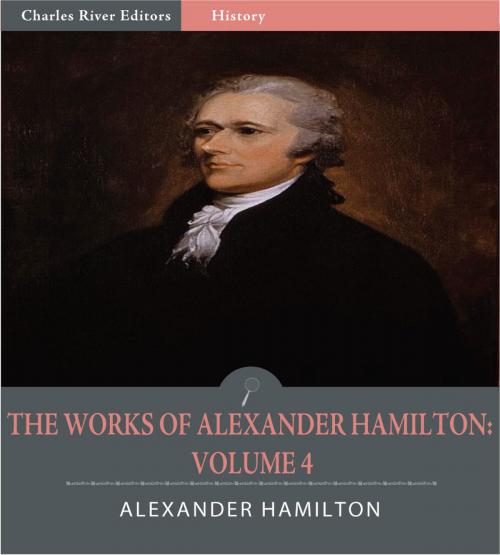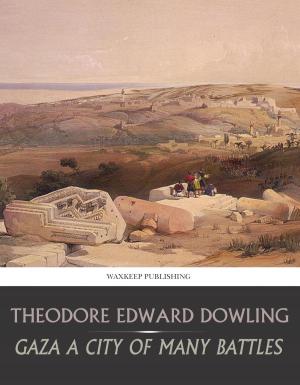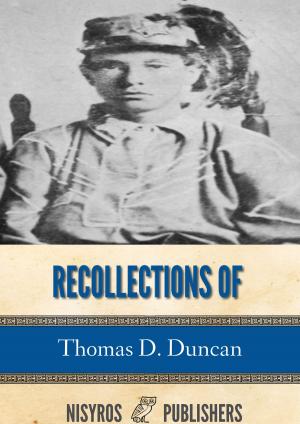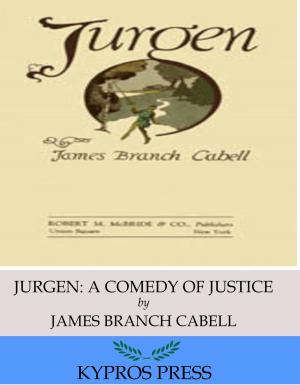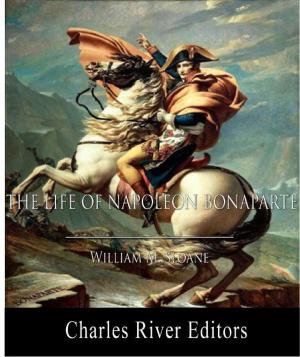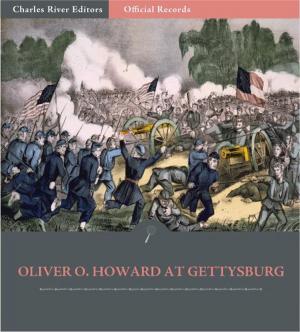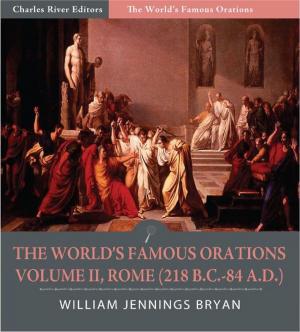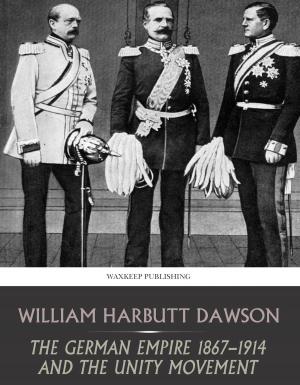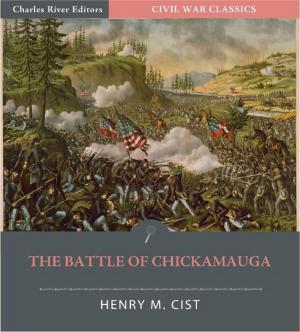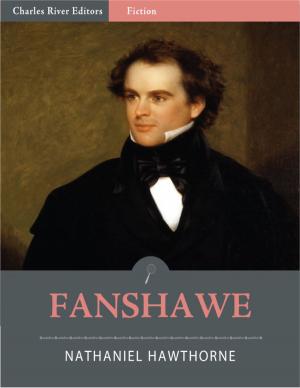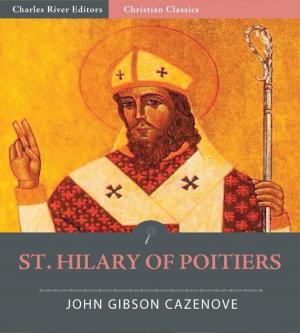The Works of Alexander Hamilton: Volume 4 (Illustrated Edition)
Nonfiction, History, Americas, United States, Colonial Period (1600-1775), Revolutionary Period (1775-1800), Social & Cultural Studies, Political Science, Politics, History & Theory| Author: | Alexander Hamilton, James Madison & John Jay | ISBN: | 9781475303391 |
| Publisher: | Charles River Editors | Publication: | March 13, 2012 |
| Imprint: | Language: | English |
| Author: | Alexander Hamilton, James Madison & John Jay |
| ISBN: | 9781475303391 |
| Publisher: | Charles River Editors |
| Publication: | March 13, 2012 |
| Imprint: | |
| Language: | English |
Unfortunately, one of the best known aspects of Alexander Hamiltons (1755-1804) life is the manner in which he died, being shot and killed in a famous duel with Aaron Burr in 1804. But Hamilton became one of the most instrumental Founding Fathers of the United States in that time, not only in helping draft and gain support for the U.S. Constitution but in also leading the Federalist party and building the institutions of the young federal government as Washingtons Secretary of Treasury. One of the biggest battles was over the chartering of a national bank, a topic that seems trivial today given the size and scope of the federal government. At the founding, however, the Southern states and Thomas Jeffersons Democratic Party were skeptical of the necessity of a national bank, while Hamiltons Federalists insisted that it would help the nation pay off its debts and manage its finances. Eventually Hamilton won out, but the First U.S. Bank, located in Philadelphia, was nonetheless run by a private company, ensuring limits on government control. This edition of Hamiltons Works: Volume 4 includes his writings on Industry and Commerce, as well as his writings on Foreign Relations, which became a big issue during Washingtons administration vis-à-vis the British. It is specially formatted with a Table of Contents and is illustrated with over a dozen pictures of Hamilton and other Founding Fathers.
Unfortunately, one of the best known aspects of Alexander Hamiltons (1755-1804) life is the manner in which he died, being shot and killed in a famous duel with Aaron Burr in 1804. But Hamilton became one of the most instrumental Founding Fathers of the United States in that time, not only in helping draft and gain support for the U.S. Constitution but in also leading the Federalist party and building the institutions of the young federal government as Washingtons Secretary of Treasury. One of the biggest battles was over the chartering of a national bank, a topic that seems trivial today given the size and scope of the federal government. At the founding, however, the Southern states and Thomas Jeffersons Democratic Party were skeptical of the necessity of a national bank, while Hamiltons Federalists insisted that it would help the nation pay off its debts and manage its finances. Eventually Hamilton won out, but the First U.S. Bank, located in Philadelphia, was nonetheless run by a private company, ensuring limits on government control. This edition of Hamiltons Works: Volume 4 includes his writings on Industry and Commerce, as well as his writings on Foreign Relations, which became a big issue during Washingtons administration vis-à-vis the British. It is specially formatted with a Table of Contents and is illustrated with over a dozen pictures of Hamilton and other Founding Fathers.
